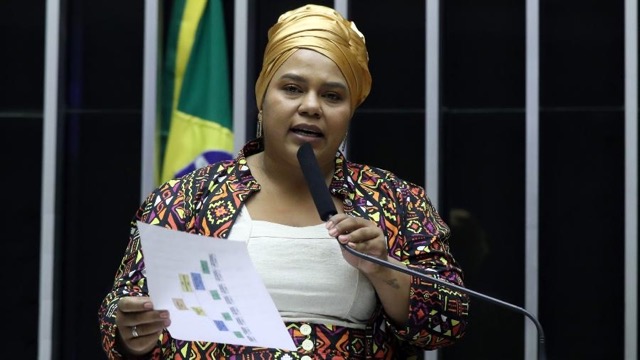Quotas policies in University Admissions in Brazil
Brazil's university quota law unfairly rejected quota-eligible high-scorers. Our proposal to completely fix this has been, since 2024, the official method for admissions for more than 1.2 million students every year.

For many decades Brazil’s federal universities—publicly funded and tuition-free—were attended predominantly by students from the country’s socio-economically privileged, largely white minority. In 2012, Congress approved the Federal Quotas Law (Lei 12.711/2012), requiring that at least half of all seats be reserved for graduates of public high schools, with racial and income-based sub-quotas inside that 50 %.
While still Ph.D. students at Boston College, Orhan Aygün and I dissected the implementation rules and discovered a paradox: under the then-prevailing procedure, some Black or low-income applicants could be rejected for quota seats even when their ENEM scores exceeded those of white or high-income students admitted to “open” seats. The problem lay in forcing each applicant to commit ex-ante to a single sub-quota, which created unequal cut-offs across seat classes.
In College admissions with multidimensional reserves: the Brazilian affirmative action case (American Economic Journal:Microeconomics, 2021), we proposed a minimal fix: rank every candidate first in the open-seat list and, if not admitted there, cascade them to each reserved list for which they qualify—an ordering of slot-specific priorities that guarantees no protected applicant is ever displaced by a non-protected one with a lower score. We also documented that in nearly half of all programmes the original rule had indeed produced “unfair rejections.”
Academic reception was enthusiastic but political uptake was slow. A 2015 visit to the Ministry of Education (MEC) yielded no traction. By 2022, however, momentum shifted. At the initiative of Representative Tábata Amaral, discussions with economist Úrsula Mello and INEP researcher Adriano Senkevics led to a policy-oriented working paper that quantified the damage: in the first 2019 SISU round alone, > 10 000 quota-eligible students were wrongly denied admission, 8 000 of whom received no offer anywhere. The paper triggered national press coverage and social-media pressure on MEC.
Throughout 2023 I collaborated with MEC’s Secretaria de Educação Superior, supplying simulations for cabinet meetings and even a joint session in the Casa Civil. In August, Deputy Dandara—herself a former quota beneficiary—brandished our paper on the House floor moments before the vote on a new Quotas bill.
Starting in the national selection process for public universities of 2024, the method used for implementing the quotas now follows our proposal. With this, the possibility of unfair rejections is now completely eliminated, and its more than 1.2 million candidates can safely declare all of their affirmative action-related characteristics.